
The fungal infection includes 4 patients, but so far no deaths are associated with it.
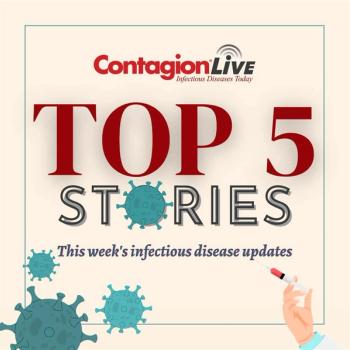
This week, a measles outbreak spans multiple US states and the CDC highlights a rise in syphilis incidents. Fatalities from Group A strep infections have doubled since last year in Canada, and people who inject drugs are at higher risk for hepatitis C and HIV. Investigators are also tracking incident rates over time post-COVID-19 pandemic.
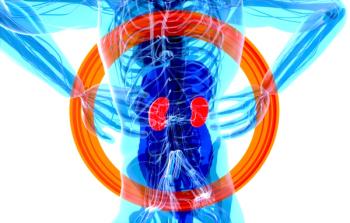
New vancomycin dosing regimens are proposed to improve outcome and minimize toxicity in overweight and obese patients with renal insufficiency.

Study shows both recent and earlier use of these medications significantly heightens the risk.

People who inject drugs (PWID) are at a higher risk for hepatitis C and HIV. A new study examined point of care initiatives and how to better support this population with intervention efforts.

Group A streptococcal infections outbreak nearly doubles fatalities from the previous year.

This news comes after the World Health Organization (WHO) recently granted the vaccine an emergency use listing (EUL), and continues to become available to more countries.

CDC's preventive strategies against the world's most prevalent mosquito-borne disease.

The latest data on sexually transmitted infections (STI) shows a large increase in syphilis incidence rates year-over year, where others were either flat or saw a slight decrease. The report also shows an ongoing rise of syphilis cases over the long-term.

A new study reveals that the cholera vaccine's diminished efficacy highlights the need for improved strategies in combating a global health challenge.

Investigators looked at potential risk factors as incidence rates changed over time after the introduction of COVID-19 and whether race and other variables affected the potential development of these infections.

Study examines the complexity between human health and tick-borne diseases.
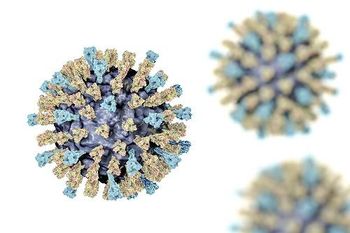
Clinician warns that as immunization rates decrease, outbreaks of vaccine preventable diseases will continue.
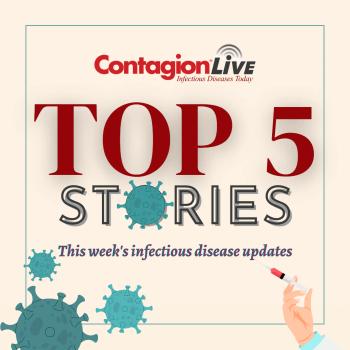
This week CDC discusses vaccine recommendations; a provider offers insights on administering live biotherapeutics; and early administration of simnotrelvir plus ritonavir shortened the time to sustained resolution of COVID-19 symptoms.

The National Foundation for Infectious Diseases (NFID) medical director weighs in on this year’s respiratory virus season and offers some strategies to prevent transmission.

New challenges in the fight against gonorrhea in the US.
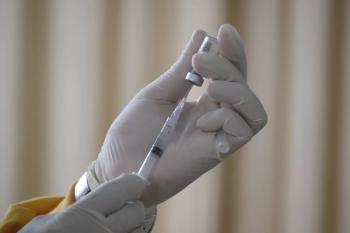
This week a new vaccine for HIV is under development, a COVID-19 vaccine receives WHO emergency approval, and several local US health departments receive funding to combat antimicrobial resistance.

UCLA-led study examines outcomes in infants born to mothers exposed to SARS-CoV-2 during pregnancy.

With the addition of live biotherapeutic products, a provider offers some insights into delivery and treatment considerations.
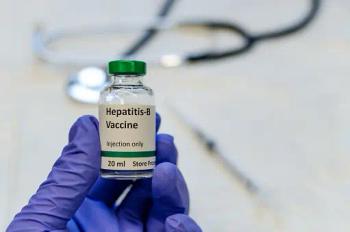
The CDC stresses the importance of hepatitis B virus (HBV) vaccination, but challenges in treatment accessibility persist.
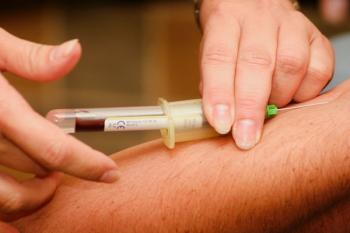
A small study offers some more information as to potential biomarkers for the ailment and may provide a better understanding of its path to potential treatments.
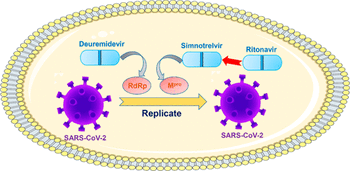
Early administration of simnotrelvir plus ritonavir shortened the time to sustained resolution of COVID-19 symptoms.
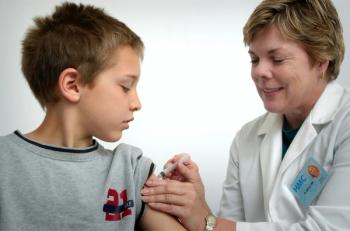
New study reinforces the importance of early detection and vaccination against bacterial meningitis.

The XGBoost machine learning model outperformed other AI and logistic regression models for predicting DAA failure, with an AUROC of 1.000 in the training dataset and 0.803 in the validation dataset.
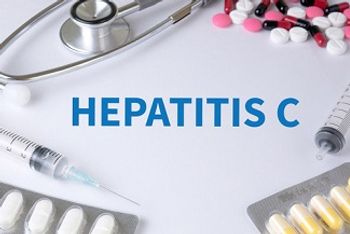
Atea Pharmaceuticals announced topline data from their phase 2 trial showing a higher than expected efficacy for the study.

A new study shows that, among the tridemic viruses, RSV was the leading cause of pediatric hospitalizations.

This week: Insights into the comparative analysis of COVID and non-COVID pneumonia; how myopathy, with metabolic disturbances and amyloid deposits, is discovered in persons with Long COVID who experience post-exertional malaise; and the Pfizer COVID-19 vaccine is shown to be effective in children and adolescents.

With it comes the possibility for international cooperation regarding an investigational Middle East Respiratory Syndrome (MERS) vaccine.

Patients in the integrated and standard care treatment arms reported similar SCL-10 scores indicative of psychological stress and symptom burden, both at baseline and after the completion of DAA treatment.

Investigators uncover a convergent evolution of enhanced innate immune antagonist expression associated.